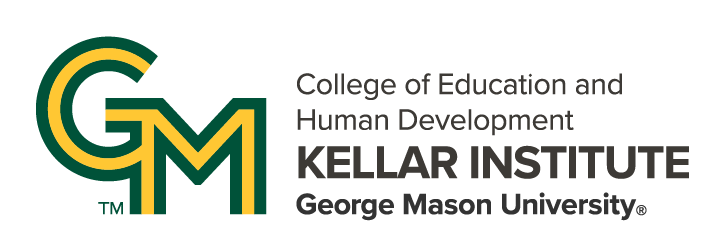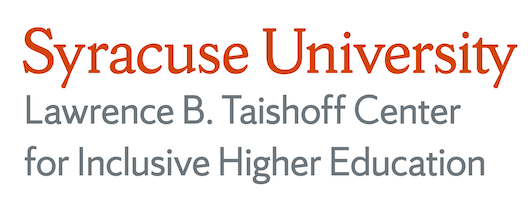Addressing the Policy Tangle: Students with Intellectual Disability and the Path to Postsecondary Education, Employment and Community Living
DOI:
https://doi.org/10.13021/jipe.2019.2457Abstract
This report examines issues regarding needed alignment of services and collaboration among agencies and institutions of higher education (IHEs) to achieve the goal of supporting youth with intellectual disability (ID) to obtain increased academic learning, independent living, and competitive integrated employment through participation in postsecondary education. The report identifies and recommends addressing barriers to student participation in higher education programs for students with intellectual disability that are the result of a lack of alignment in the implementation of the Higher Education Opportunity Act of 2008 (HEOA), the Individuals with Disabilities Education Act (IDEA), and the Workforce Innovation Opportunity Act (WIOA). These statutes were expressly designed by Congress to improve education, postsecondary education, transition and employment outcomes for students with disabilities.
Despite language in the preamble of the IDEA 2004 regulations clarifying that IDEA funds may be used to support such students, and language in the WIOA regulatory preamble clarifying that vocational rehabilitation (VR) funds may be used to support students in these programs, subsequent guidance or interpretations of guidance are leading to the denial of special education and VR services for many students in postsecondary education programs. Denying these students the funding and supports intended by Congress is doing real harm to their opportunities to receive an education, become employed, and become as independent as possible.
These are implementation issues that need to be addressed through guidance. Regulatory and statutory changes are not needed. In fact, the Inclusive Higher Education Committee (IHEC) opposes recent efforts to open up the WIOA regulations for reconsideration.
IHEC recommends that the U.S. Department of Education (the Department) issue new guidance clarifying that IDEA and VR funds may be used to support students with intellectual disability in postsecondary education. This report addresses this need in three parts below.




